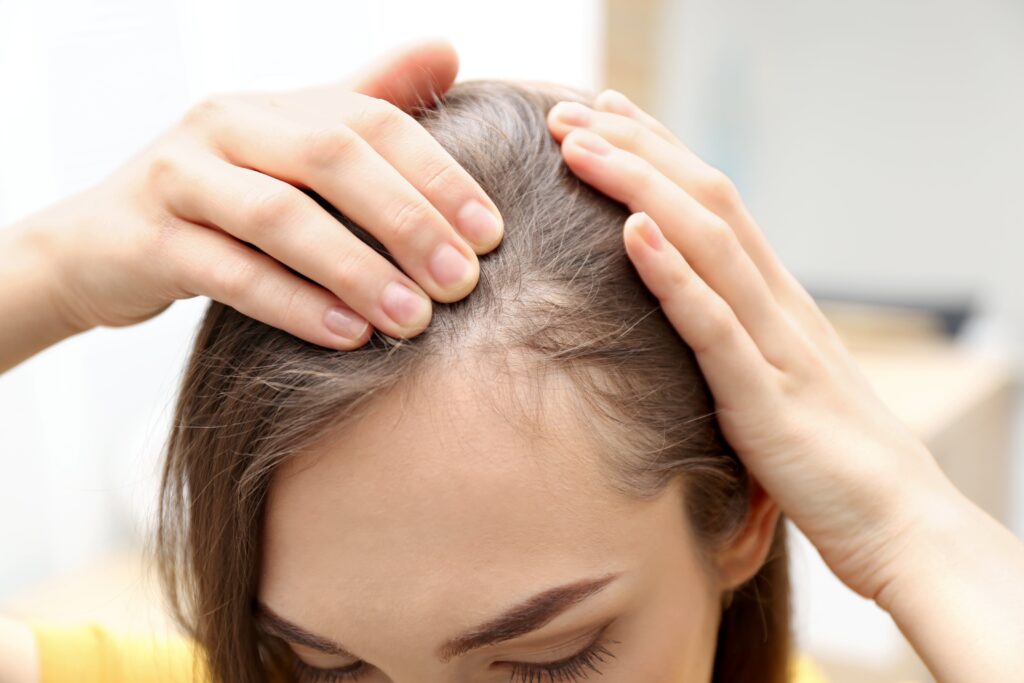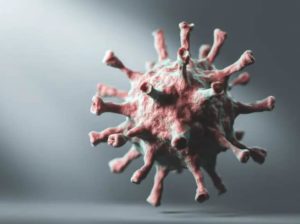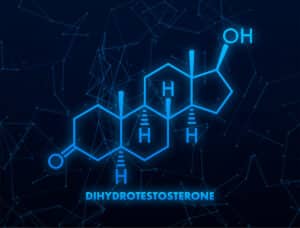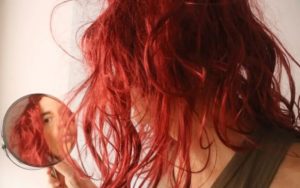Does alcohol cause hair loss? This question frequently surfaces among beer and alcohol lovers who find themselves losing hair. There are so many things that contribute to hair loss; some experts have blamed it on having one glass of wine too many.
But if this is true, how exactly does alcohol cause hair loss, and what’s the best way to remedy hair loss caused by drinking too much alcohol? Keep reading to find out.
Can Alcohol Cause Hair Loss and Thinning Hair?

Yes. Alcohol can have an effect on your hair growth cycle and cause thinning hair. However, alcohol doesn’t directly cause thinning hair but prevents the body from absorbing key nutrients that are vital to healthy hair. This results in hair thinning and shedding.
Here are some key nutrients that get affected by excessive alcohol consumption:
This is one of the most important nutrients to the body. It improves the immune system and helps with the proper growth and development of the body, including the hair. Zinc also strengthens hair follicles and increases hair thickness. Alcohol affects zinc absorption, leading to zinc deficiency, which ultimately leads to hair loss.
This is one of the most important nutrients to the body. It improves the immune system and helps with the proper growth and development of the body, including the hair. Zinc also strengthens hair follicles and increases hair thickness. Alcohol affects zinc absorption, leading to zinc deficiency, which ultimately leads to hair loss.
This nutrient plays a very similar role to zinc and is vital to hair health. Experts recommend a daily intake of at least two milligrams. Research even shows that copper deficiency can cause premature
Iron is vital to the human body. Unfortunately, iron deficiency is the most prevalent form of nutrient deficiency in the world. Heavy drinking can lead to severe iron deficiency, leading to several issues, including hair loss. Scientists even suspect a direct link between iron deficiency and hair loss because a study in 2013 showed iron to be responsible for a certain type of male and female hair loss.
However, iron-induced hair loss conditions can’t be treated with just iron supplementation of hair.
From your bones to your skin and hair, your body needs proteins for optimal growth and development. Alcohol interferes with protein absorption in the body, leading to protein deficiency. This can result in many problems with the skin, hair, and nails. Protein-deficient people will experience thinning hair or hair shedding, flaking skin, brittle nails, and so on.
How Does Alcohol Affect Hair Loss and Hair Growth?

When you drink alcohol, it gets absorbed into your bloodstream. It then causes dehydration and the inability of the body to absorb key nutrients for hair growth. The absence of water and vital nutrients starves and damages hair follicles, impeding the normal growth cycle of the hair. If you’re a heavy drinker, you may find your hair dry and brittle and experience shedding in large amounts.
Also, elevated stress levels caused by excessive alcohol consumption can stunt hair growth (a condition called Telogen Effluvium).
In the case of growing adults (adolescent boys and girls), studies have proven that alcohol can lower both the testosterone and estrogen levels in either sex. This may not necessarily lead to hair loss but will greatly affect overall growth and development (including hair growth).
Does Alcohol Cause Hair Loss?
Yes. There is a strong connection between alcohol and hair loss in both men and women. Here are ways alcohol can lead to hair loss:
Alcohol abuse leads to several nutritional deficiencies. It is worse when heavy alcohol drinkers adopt poor dietary habits or fail to take vital supplements. This may lead to hair loss, among other illnesses such as liver diseases. It is very common to find hardcore alcoholics and smokers with hair loss conditions.
Another way alcohol can cause hair loss is when it leads to thyroid problems. The thyroid is the primary organ in the human body necessary for regulating hormones. Alcohol can cause disruptions and complications in the thyroid gland and the overall HPT (Hypothalamic-pituitary-thyroid) axis, causing hypothyroidism or hyperthyroidism.
Any of these conditions (hypo and hyperthyroidism) can cause hair loss. The process may occur suddenly or stretch across several months or years. But it gets worse as drinking continues.
Experts have proven stress to be one of the causes of premature hair loss. Alcohol elevates the body’s stress levels, which is sufficient to cause hair loss. When coupled with a nutrient deficiency, it results in extreme hair loss.
Will My Hair Loss Stop if I Stop Drinking Alcohol?

You will recover hair growth rate and thickness after quitting alcohol. But the chances of regrowing lost hair are quite slim. Still, long-term abstinence and a healthy lifestyle may help.
Here are a few things you should do after quitting alcohol to try and regrow your hair:
- Eat a balanced diet: Now that alcohol is no longer in your system, eating healthy foods is the best way to revive your malnourished hair follicles.
- Exercise: Exercise boosts overall body health and can also improve the health of your hair.
- Take vitamin and mineral supplements: Some of the most crucial vitamins and minerals for hair health include thiamine, folic acid, B12, biotin, Vitamin C, D, E, and Omega-3 fatty acids. You can go for these supplements, but you may not need to if you eat a balanced diet with lots of fruits and vegetables.
What Other Quick Remedies Can I Use To Boost Hair Restoration?
Hair loss supplements may go a long way in helping your damaged hair recover faster. There are many hair loss supplements and medications you can get online. However, it is advisable not to self-medicate. Rather, get prescriptions from a qualified physician. Also, bear in mind that hair medications do not work for everyone.
Low-level Laser Therapy (LLLT) is a non-surgical hair treatment procedure in which laser light is used to try and restore lost hair. The procedure uses a special helmet that emits a laser light that penetrates the scalp, supercharging the hair follicles and stimulating cell growth. The procedure has proven to be effective in improving hair thickness. Still, there is scarce research to prove its effectiveness in terms of overall hair restoration or permanent results.
This is the best and most lasting remedy to any hair loss condition. If you truly want to regain your hair, a hair transplant is the way. A typical hair transplant can last 4 – 6 hours and take about two weeks to a month to heal properly. Final results may take time (2 to 6 months) to show, but it’s always worth it.
Hair transplants can cost between $3000 to $10,000, depending on the severity of your condition. A hair transplant in Turkey you can get it for as little as $2,000 but if you want a safe and successful operation, endeavour to receive treatments only from well-renowned clinics like Cosmedica.
Note, however, that a hair transplant will be futile if you haven’t quit drinking completely. Drinking alcohol after a hair transplant surgery can hinder the newly transplanted hair from growing properly, affecting the final results.
FAQ
Yes, alcohol can lead to hair thinning by preventing the body from absorbing key nutrients essential for healthy hair. This impairment results in nutrient deficiencies, causing the thinning and shedding of hair.
Alcohol leads to dehydration and inhibits the absorption of key nutrients necessary for hair growth. This deprivation damages hair follicles and impedes the normal hair growth cycle, often resulting in dry, brittle hair and shedding.
Quitting alcohol can help recover hair growth rate and thickness. However, regrowing lost hair is unlikely. Long-term abstinence combined with a healthy lifestyle may aid in partial recovery of hair health.
Boosting hair restoration involves eating a balanced diet, exercising, taking vitamin and mineral supplements, considering low-level laser therapy, or opting for hair transplants. Consulting with a physician is recommended before starting any treatment.




